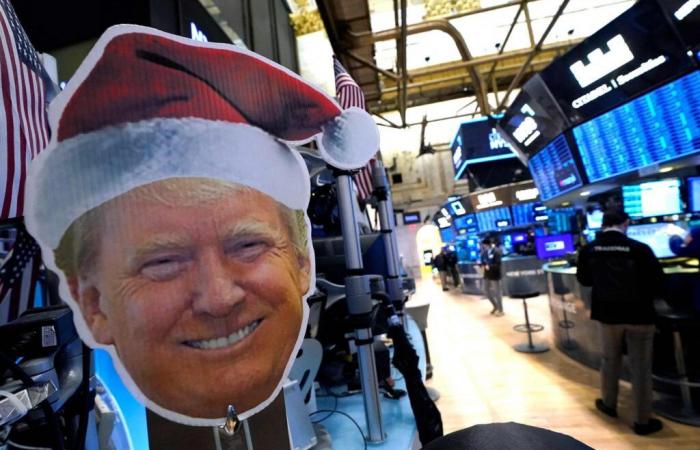LDonald Trump’s decisive victory in the US elections shows that “America first” protectionism was not an aberration. On the contrary, supported by powerful interest groups in key states, “America first” responds to the same fundamental forces at work for four decades: the gradual abandonment by the United States of the self-proclaimed role of protector of the system. liberal in the post-Soviet era, the rise of China as its first rival, the violent reaction against neoliberal policies generating high inequalities, against growing immigration and against the social and economic downgrading of unskilled workers, particularly men.
Trump channeled these forces into a winning political movement. Trump's intention to raise tariffs dispels another illusion: the fragmentation of the global economy into blocs along simple geopolitical lines, with China and its allies on one side and the United States and its allies on the other. It will be much more complicated than that! Trump's tariffs will disrupt trade between the United States and its allies and will also create serious tensions as – reflecting divergent economic and security interests – US allies will respond differently.
Trump has a long list of instruments he can use to target individual countries, even without resorting to Congress, and courts have historically granted presidents significant leeway on trade policy. Additionally, congressional oversight could allow Trump to quickly impose a broad-based tariff increase.
Trump, a convinced protectionist
However, these customs duties may not all be applied at the same time. Trump could opt for a negotiated and sequenced approach for three reasons. Trump's approach is transactional, as he demonstrated during the negotiations of the United States-Mexico-Canada Agreement and the Phase 1 agreement with China.
Trump is a staunch protectionist, but he also believes that the United States is powerful enough to use trade as leverage to get much better deals, not just on trade. What he expects from Mexico is not what he expects from the European Union (EU) or China. He must also be wary of inflation.
You have 64.9% of this article left to read. The rest is reserved for subscribers.






